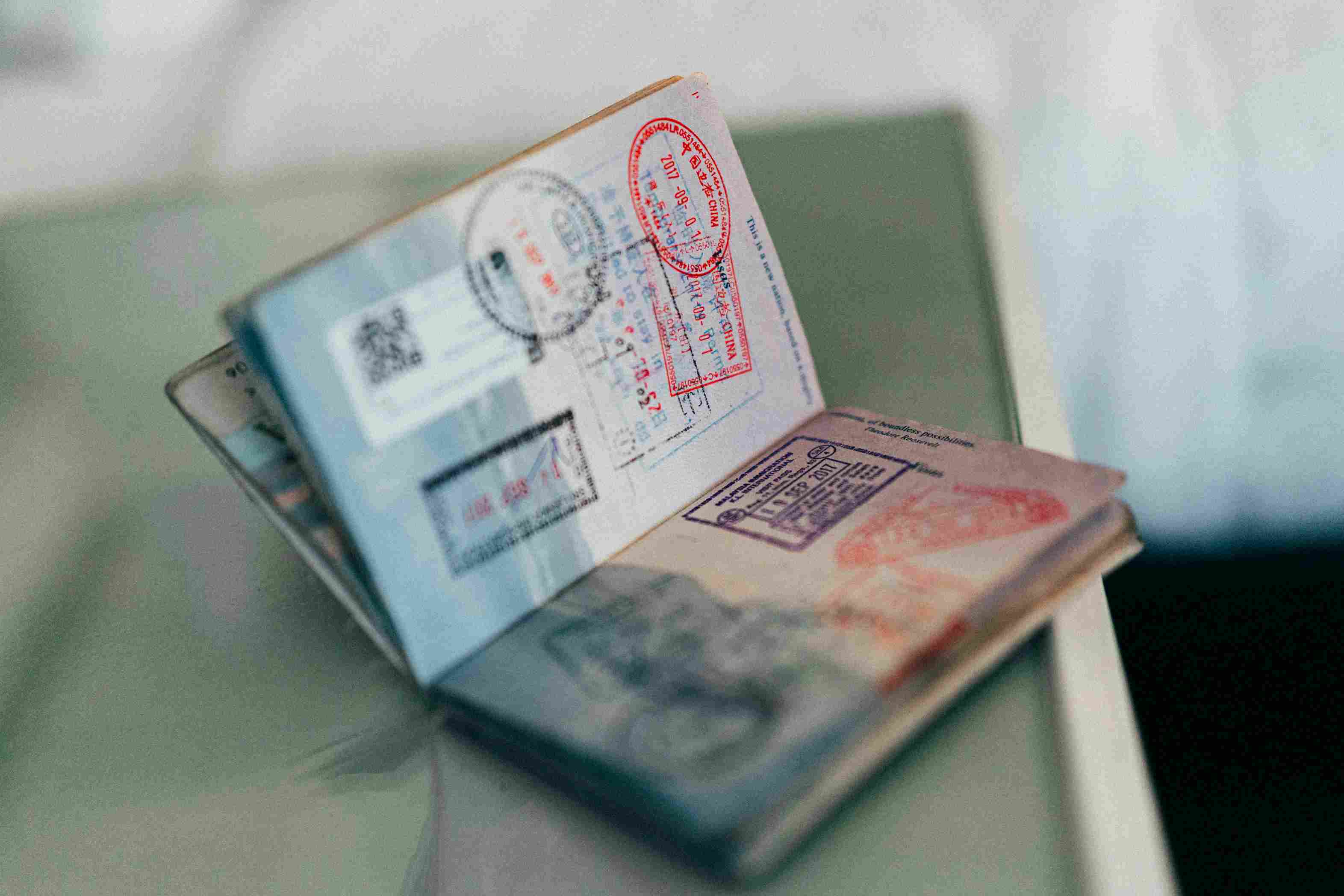Researcher develops seizure prediction device, inspired by brother’s battle with epilepsy
Inspired by her younger brother Zor, who has Dravet syndrome, Muskaan Gill is determined to alleviate the fear her family has lived with for years.
 Muskaan Gill is working on a device that’ll alert wearers if they’re about to have a seizure. / Image- Photo by Alyssa Stone/Northeastern University
Muskaan Gill is working on a device that’ll alert wearers if they’re about to have a seizure. / Image- Photo by Alyssa Stone/Northeastern University
A fourth-year mechanical engineering and history student at Northeastern University is developing a device that could predict epileptic seizures.
Inspired by her younger brother Zor, who has Dravet syndrome, a genetic disorder causing unpredictable and prolonged seizures, Muskaan Gill is determined to alleviate the fear her family has lived with for years.
Gill's proposed solution is a noninvasive, wearable device that could detect shifts in biomarkers like sweat or breath, potentially signaling an impending seizure. If successful, the device could provide crucial seconds of warning.
"It’s a really difficult thing to witness as an older sister," Gill was quoted as saying the university. "His seizures are really sudden, so out of nowhere, he just drops. It’s a really tough thing to deal with."
Gill is collaborating with College of Engineering Distinguished Professor Nian X. Sun, known for his work on sensors predicting diseases like Alzheimer's. Together, they aim to secure funding for a study on epilepsy patients.
"Knowing about a seizure even seconds before it strikes can make a difference," said Gill. "If we knew just two seconds before, he could’ve sat down, and he wouldn’t have cut his head. It’s horribly traumatic for my brother, for us."
Gill is also seeking additional grants and funding to further her research and development of the device, which she plans to name Zor in honor of her brother.
ADVERTISEMENT
ADVERTISEMENT
E Paper
Video




 Malvika Choudhary
Malvika Choudhary.jpg)












Comments
Start the conversation
Become a member of New India Abroad to start commenting.
Sign Up Now
Already have an account? Login